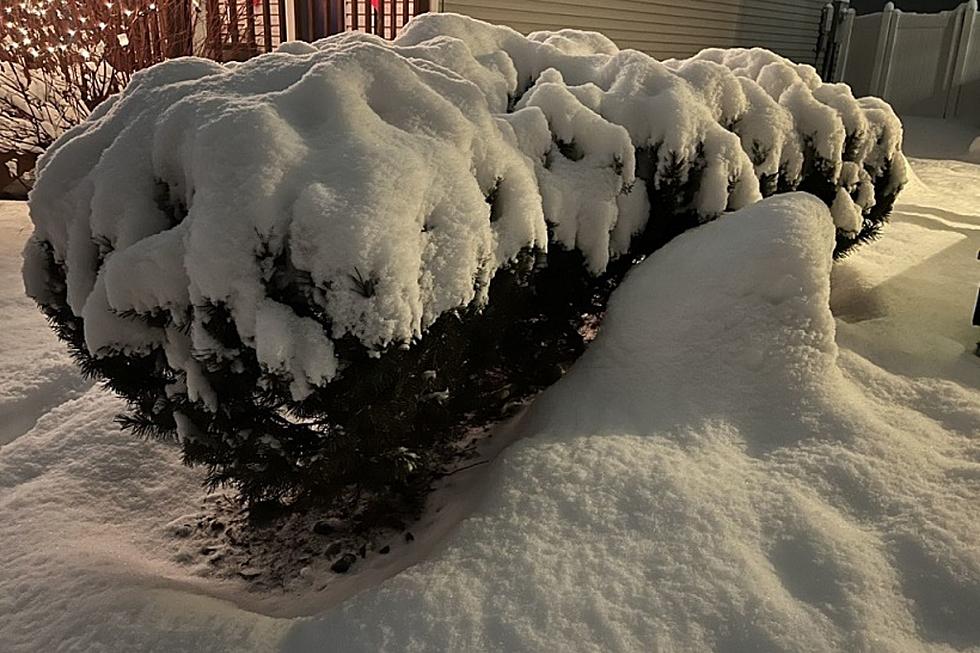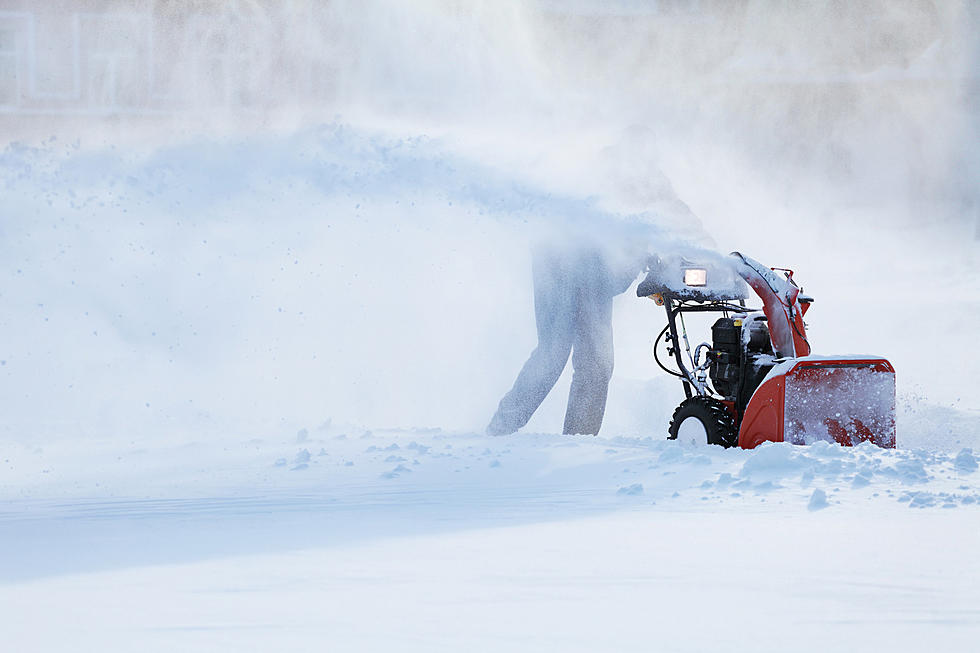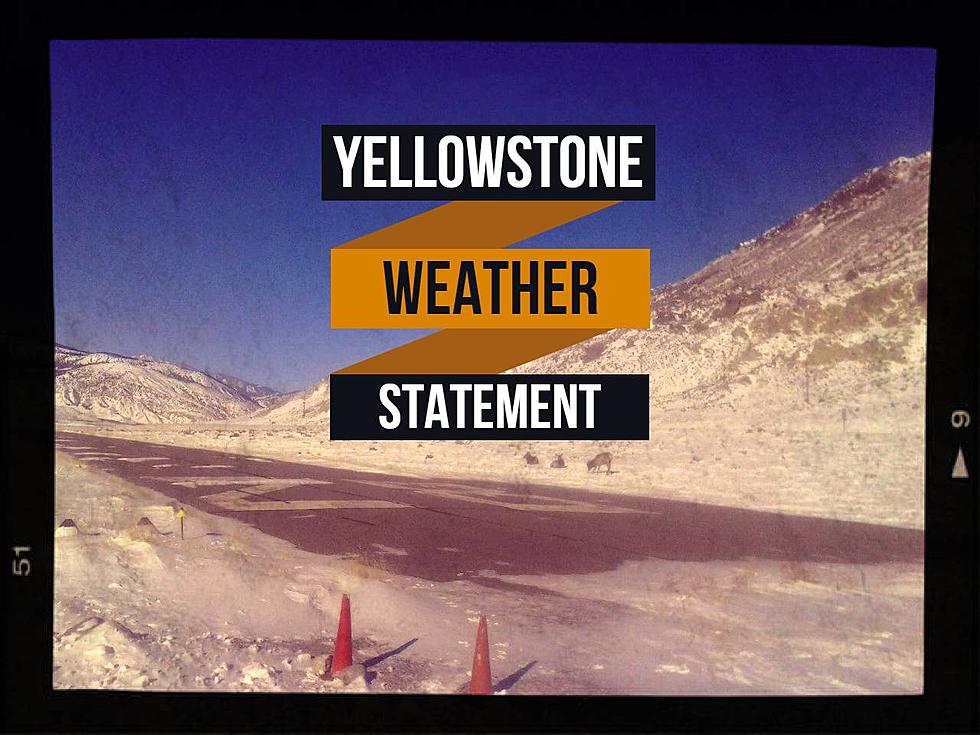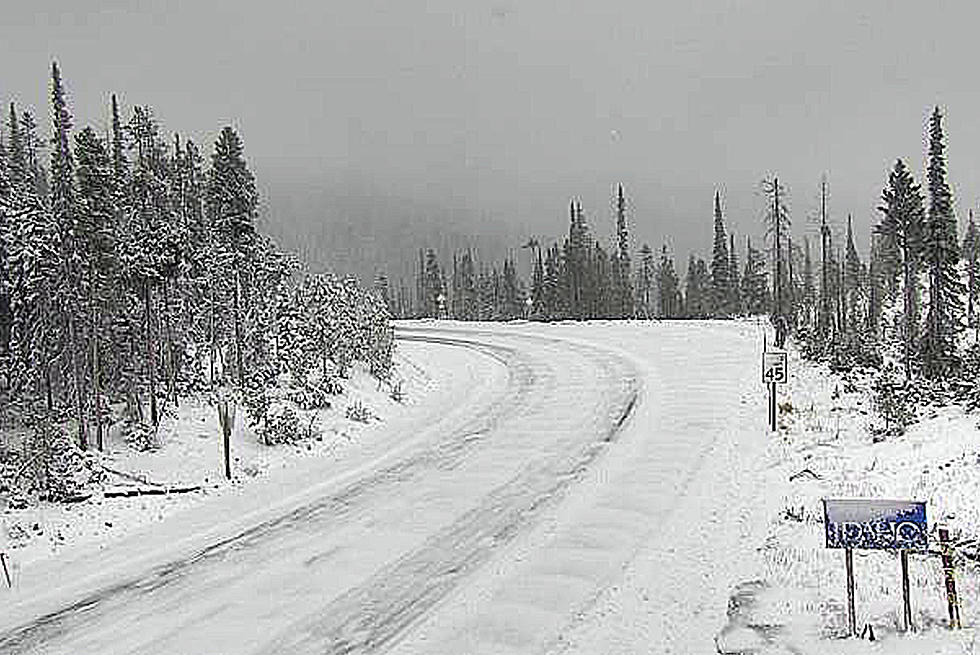
8 Ways to Easily Winterize Your Vehicle
If you have been outside over the past few weeks you can feel the temperatures changing. The days are getting shorter and the cold temperatures we experience in the morning don't get much warmer throughout the day. With the weather staying colder all day it doesn't just affect us it affects our vehicles too. Here are some simple tips to make sure you're set up for success when facing winter driving conditions.
- Check your battery - The chemical reaction needed to start your car is slower in colder temperatures. Almost any auto parts store will let you text your battery, just stop in and ask one of the employees.
- Check your wiper blades - There is nothing worse than the panic you feel when your windshield gets covered with mud and you can't see for a second. Make sure your wiper blades can clear anything in your line of vision.
- Check your tire pressure - Most new cars have a sensor letting you know when your tire pressure is low, if your vehicle doesn't keep a close eye on this. Not only can it affect your miles per gallon but more importantly your traction on the roads.
- Check your four-wheel drive - Make sure you know how to engage your four-wheel drive if it is a feature that your vehicle offers. Also, make sure that the system engages smoothly. If it jerks or makes weird noises have a mechanic check it out asap.
- Check your anti-freeze - Make sure you have the correct anti-freeze to water radio in your radiator. This could prevent the coolant from freezing, a very simple yet important tip to remember.
- Have an emergency kit - No one ever plans on being stranded, prepare for it now. Keep food and warm items tucked away somewhere (possibly your trunk), just in case you get into an emergency situation.
- Remember preventative maintenance - Don't forget your normal oil changes. The colder it is outside the thicker your oil becomes, often causing people to use a thinner viscosity oil for the winter months. Check your owner's manual before changing your vehicles oil.
- Check all belts and hoses - The extreme temperatures put more ware and tear on your rubber belts and hoses. To avoid being stranded somewhere, check all belts and hoses now and replace any that are cracked.
More From 94.9 KYSS FM

![[WATCH] Try This Handy Trick to Remove Snow and Ice in Montana](http://townsquare.media/site/15/files/2022/01/attachment-RS23561_GettyImages-636602528-scr.jpg?w=980&q=75)







